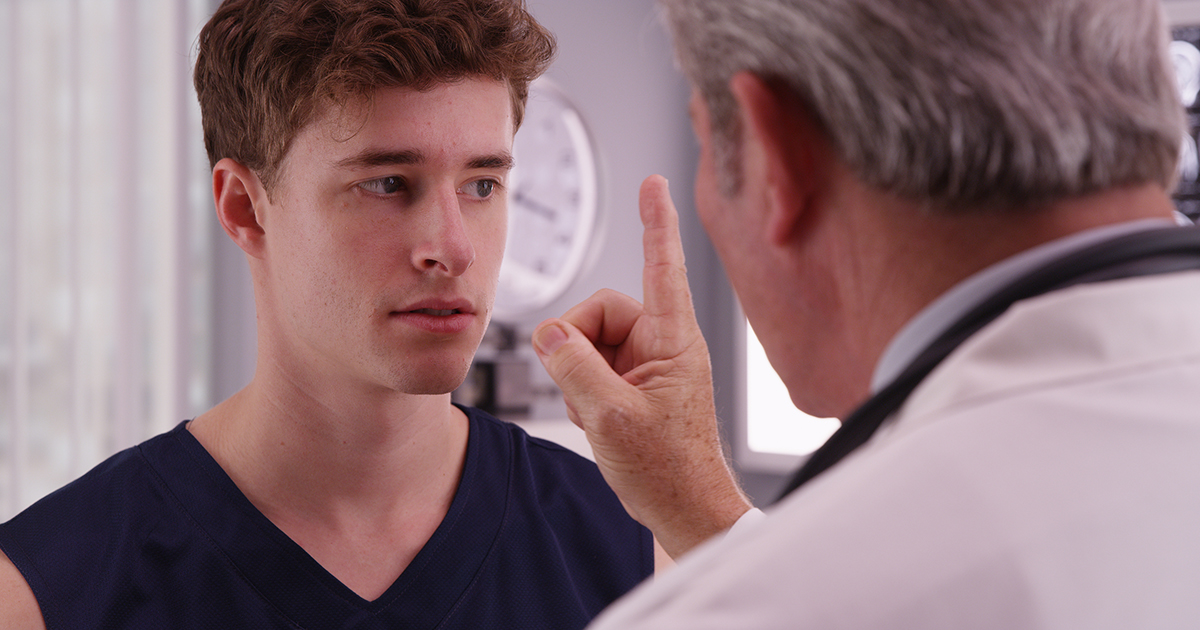Reasons Why You're Clumsy
Do you find it difficult to maintain coordination and hold onto objects? Dealing with clumsiness can be hard, especially when you don't understand what the cause is. Multiple neurological conditions or life events can help explain troubles like these, and physical therapy can help you with managing your body as it works through maneuvers that are particularly challenging. The frustrations you're dealing with are real, but you don't have to resign yourself to them forever. When you have a better understanding of the possible reasons why you're clumsy, you can learn how to better deal with any other challenges life throws your way.
A Head Injury

Serious brain trauma can result from a head injury and cause clumsiness as a result. Our coordination can become so second nature that we forget basic movements come from our minds and bodies working in tandem. You don't need to think about the process of picking up a pen, because you've done it so many times. After an accident, something as rudimentary as that could become difficult. Head injuries range in severity, but any trauma can have negative long-term effects if not treated promptly. If you have received a brain injury, your clumsiness could be an unfortunate side effect.
Reveal more reasons for clumsiness now.
